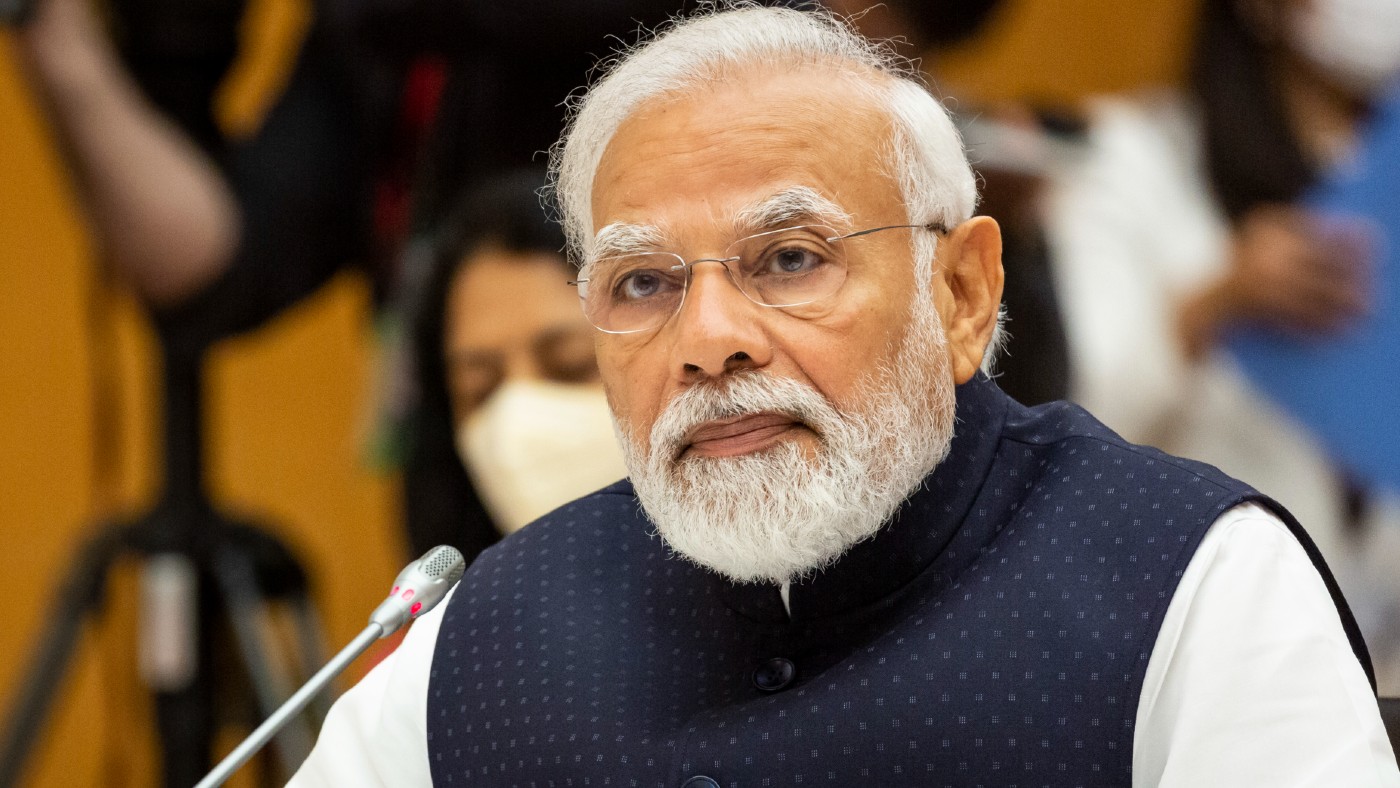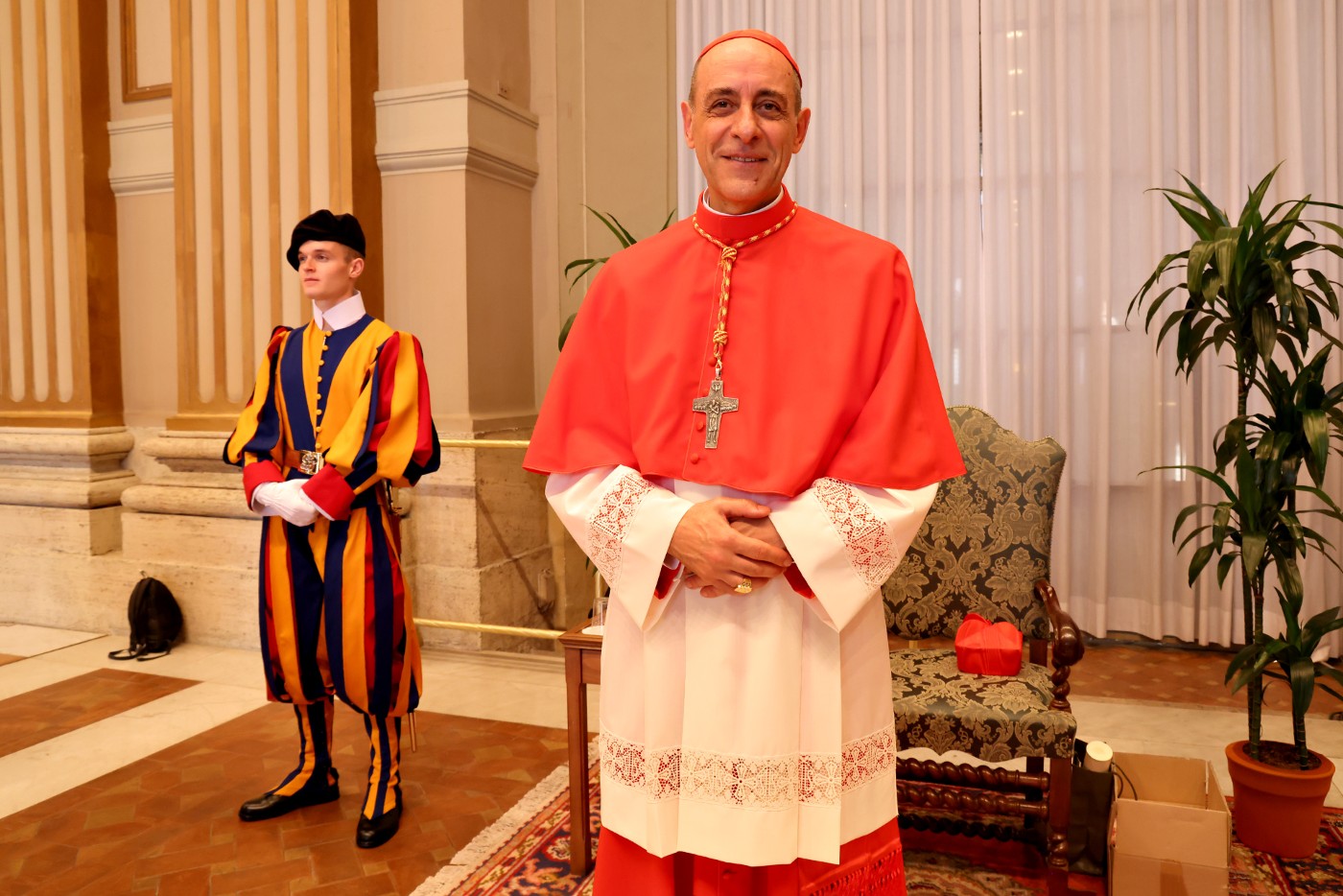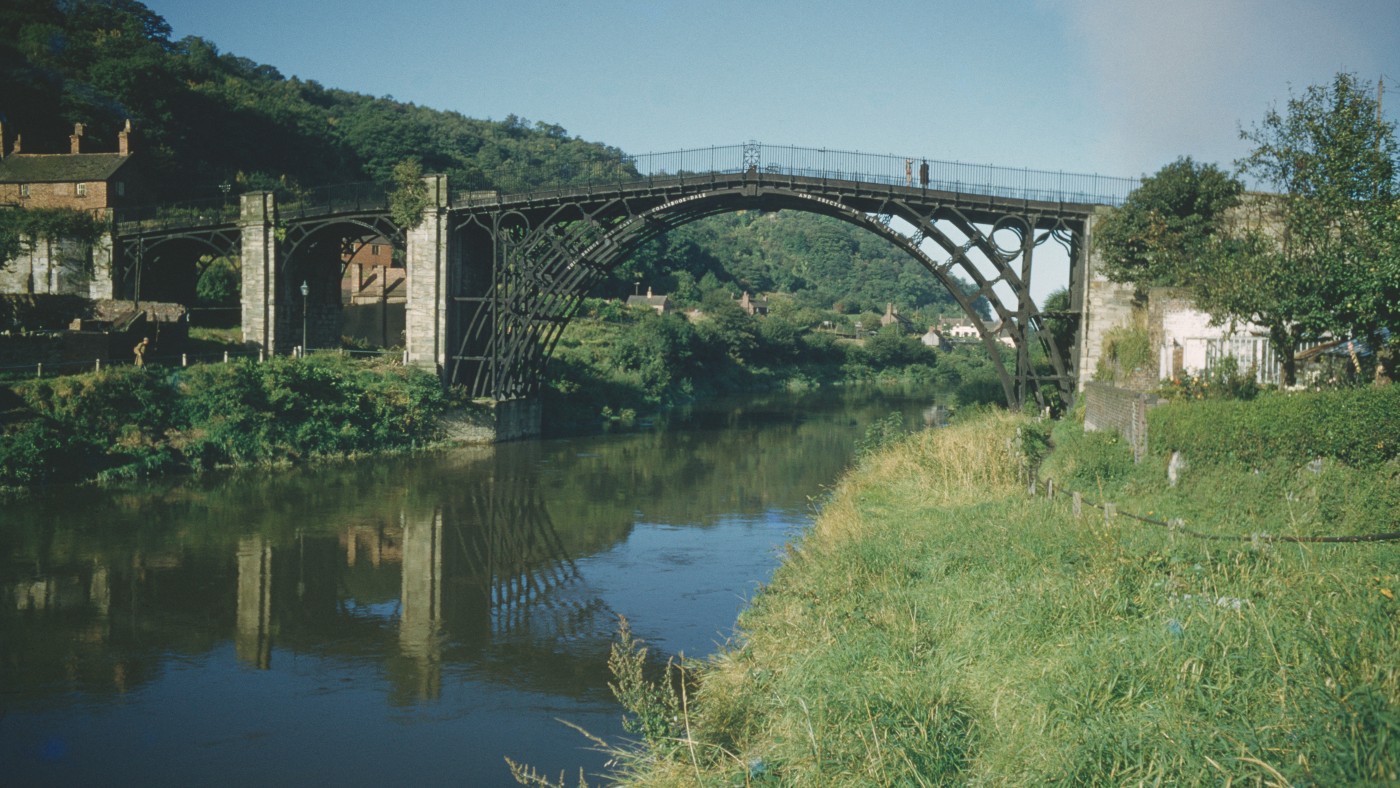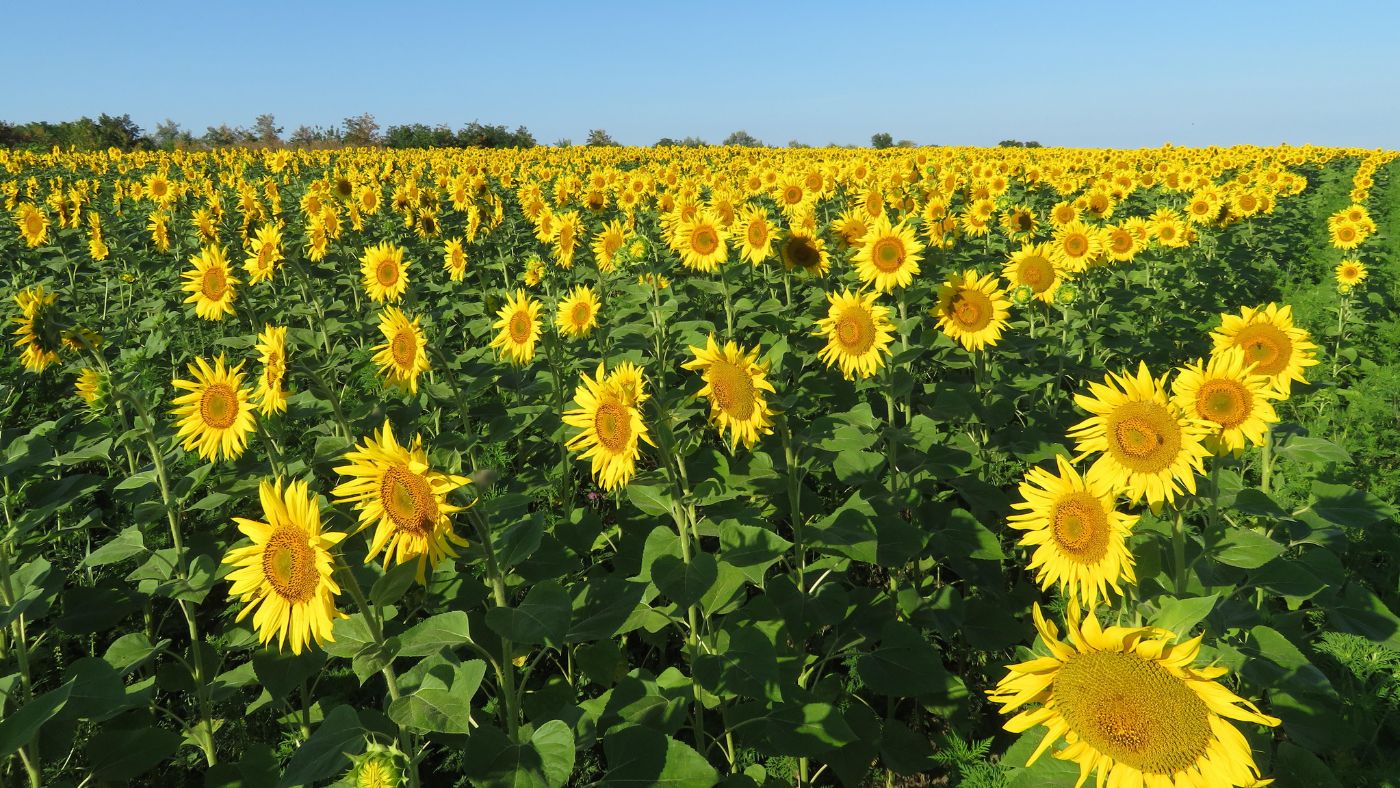Muzzling the BBC: what does Indian PM Narendra Modi have to hide?
The Delhi government has blocked the airing of a documentary on Modi’s role in the 2002 Gujarat riots

A free daily email with the biggest news stories of the day – and the best features from TheWeek.com
You are now subscribed
Your newsletter sign-up was successful
It’s known as the “Streisand effect”, said The Hindu (Chennai): try to block information about something (as the actress Barbra Streisand tried to do with photos of her Malibu mansion) and you end up bringing it to the attention of a far wider audience than if you’d let it be.
That’s just what the Delhi government has done by invoking emergency powers to stop the airing of a BBC documentary. The film in question is an examination of the 2002 communal riots in Gujarat in which about 790 Muslims were killed, and of the role Narendra Modi, India’s current PM, might possibly have played in abetting them.
The rioting was triggered by the death of 59 Hindus in a train fire, an accident that Hindu extremists were quick to blame on Muslims. Modi, chief minister of Gujarat at the time, has always denied that he and his ruling Hindu nationalist BJP gave tacit backing to the extremists: the BBC programme – India: The Modi Question – has uncovered memos suggesting otherwise.
The Week
Escape your echo chamber. Get the facts behind the news, plus analysis from multiple perspectives.

Sign up for The Week's Free Newsletters
From our morning news briefing to a weekly Good News Newsletter, get the best of The Week delivered directly to your inbox.
From our morning news briefing to a weekly Good News Newsletter, get the best of The Week delivered directly to your inbox.
So now Delhi has intervened to stop screenings, and ordered YouTube and Twitter to remove clips. Too late. The footage has been shared far and wide and interest in it has surged. A good thing too. India has quite enough censorship as it is; we don’t need any more.
‘Gutter journalism’
It isn’t Modi who’s to blame for this unedifying row, said Tariq Mansoor in The Indian Express (Noida): it’s the BBC. In revisiting an unfortunate chapter in Indian history, it has shown “utter contempt for the Indian judiciary”. Cases stemming from the 2002 riots have been heard at virtually all levels of the Indian justice system; that includes the supreme court, which in 2013 found there wasn’t enough evidence to prosecute Modi for failing to stop the violence.
India under Modi is thriving, said Zahack Tanvir in Firstpost (Mumbai). Its economy is booming and it holds the G20 presidency: 2002’s riots are a distant memory. So the BBC programme looks like a “hitjob against Modi” and India’s rising status. “It’s gutter journalism.”
BBC’s rigorous standards
On the contrary, said Shruti Kapila on The Print (New Delhi), it’s the BBC’s rigorous standards that make this documentary so authoritative. Critics decry it as “white propaganda”, but it’s scrupulously fair, giving plenty of weight to the arguments of Modi’s supporters.
A free daily email with the biggest news stories of the day – and the best features from TheWeek.com
Alas, this is just the latest example of Delhi’s contempt for free expression, said The Telegraph (Kolkata). “India leads the world in internet shutdowns”; during mass protests by farmers in 2021, the government “explicitly sought the removal of posts by journalists and other critics”.
Modi himself hasn’t held “a single [open] press conference” since becoming PM in 2014, said Salil Tripathi in Foreign Policy (Washington). But he can’t escape the fact that “life has become harder” for India’s Muslims on his watch, as support for Hindu nationalism has surged. Happily, he has no power to stop the BBC from examining his troubling past. “Modi may thank his good fortune that he does not face a similar broadcaster in India.”
-
 The environmental cost of GLP-1s
The environmental cost of GLP-1sThe explainer Producing the drugs is a dirty process
-
 Greenland’s capital becomes ground zero for the country’s diplomatic straits
Greenland’s capital becomes ground zero for the country’s diplomatic straitsIN THE SPOTLIGHT A flurry of new consular activity in Nuuk shows how important Greenland has become to Europeans’ anxiety about American imperialism
-
 ‘This is something that happens all too often’
‘This is something that happens all too often’Instant Opinion Opinion, comment and editorials of the day
-
 Pope aide under fire for 'mystical orgasms' book
Pope aide under fire for 'mystical orgasms' bookTall Tales And other stories from the stranger side of life
-
 Thieves who stole shopping bag in for big disappointment
Thieves who stole shopping bag in for big disappointmentTall Tales And other stories from the stranger side of life
-
 Woman has one in 50 million pregnancy
Woman has one in 50 million pregnancyTall Tales And other stories from the stranger side of life
-
 Earring lost at sea returned to fisherman after 23 years
Earring lost at sea returned to fisherman after 23 yearsfeature Good news stories from the past seven days
-
 Bully XL dogs: should they be banned?
Bully XL dogs: should they be banned?Talking Point Goverment under pressure to prohibit breed blamed for series of fatal attacks
-
 The spiralling global rice crisis
The spiralling global rice crisisfeature India’s decision to ban exports is starting to have a domino effect around the world
-
 Netanyahu’s reforms: an existential threat to Israel?
Netanyahu’s reforms: an existential threat to Israel?feature The nation is divided over controversial move depriving Israel’s supreme court of the right to override government decisions
-
 Farmer plants 1.2m sunflowers as present for his wife
Farmer plants 1.2m sunflowers as present for his wifefeature Good news stories from the past seven days